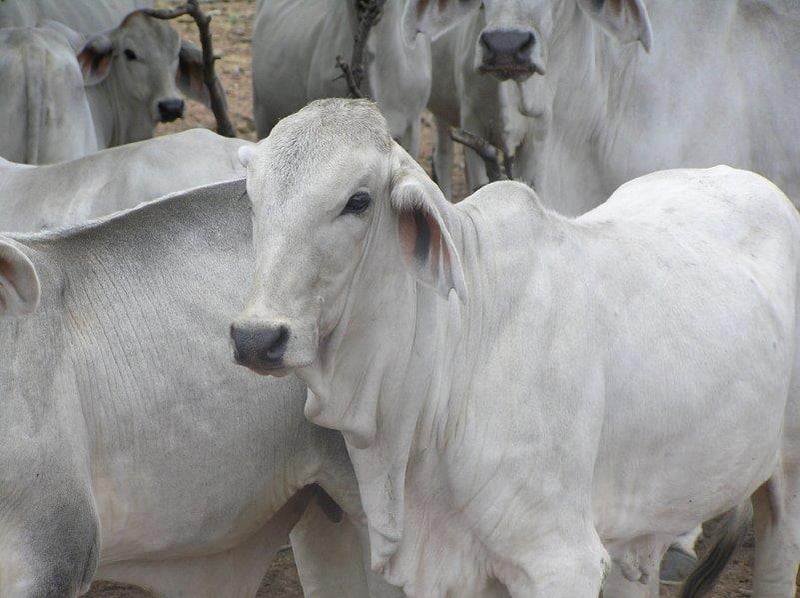
Cattle in Vietnam hit with sledgehammers, exposed to shocking practice of ‘flooding’
News
Industry admitted to atrocious animal cruelty within Australia’s Vietnamese live export market, at a Northern Beef Producers Forum last week.
According to a recent Farm Online article, Australian Live Export Council (ALEC) CEO, Alison Penfold discussed some significant welfare problems following her trip to Vietnam just days before.
“I want to be direct and open with you of what practices you will see in local facilities that are not part of ESCAS supply chains,” Ms Penfold said.
“Despite a government crackdown, cattle are regularly flooded, that is, forced to consume large volumes of water delivered to the rumen by hose several times in the hours prior to slaughter.
“It is done because it is believed that it will add weight to saleable meat but causes horrific impacts on the welfare and health of animals and reduces meat quality and safety.
“Cattle outside of ESCAS supply chains are also likely to be subjected to stunning by sledgehammer,” Ms Penfold said.
Ms Penfold’s speech comes after the summary of a publicly-released ESCAS investigation report showed that almost one hundred Australian cattle were detected outside of approved Vietnamese supply chains.
“It is extremely concerning that Australian cattle are at risk of being be subject to these practices”, said World Animal Protection Head of Campaigns, Nicola Beynon.
At present there is no legislation specifically developed for the welfare of farmed domestic animals in Vietnam. Overall Vietnam has received a score of F according to the Animal Protection Index, a score significantly lower than our own.
“This is yet another example of the unacceptable welfare risks live animal exports poses, again illustrating why we should process animals here and within our controls”, said Ms Beynon.
World Animal Protection encourages all Australians to write to the Prime Minister and demonstrate their opposition to the inherent cruelty of live animal exports.